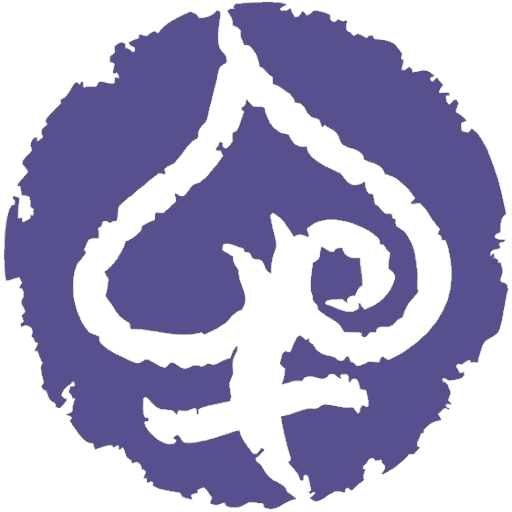OPINION
The internet is a powerful tool, a lifeline to many and able to connect people from many parts of the world. For many groups – particularly historically politically underrepresented groups such as women and minorities – the internet can provide a sense of community that otherwise may not exist. The internet’s connectivity provides access to education and resources for business and employment. For those of us at the Filipina Women’s Network (FWN), the internet helps create connections with other women-run small businesses. We believe in a free and open internet for all – everyone deserves to be empowered to realize their full potential.
We believe it is important to empower Filipina women with the tools they need to thrive in all areas of social and economic life. We use the internet to share resources with our vast global network – even serving Filipina women in places where internet freedom is less than assured. Members of our community use popular social media and messaging apps to make connections and to share information. These platforms help women and small business owners like us expand both our businesses and our networks.
Unfortunately, internet regulations do not adequately address the rapid rise of these social platforms. These platforms – both social and increasingly dominated by big tech companies such as Amazon – go largely unregulated despite the fact that they collect so much information about our everyday lives – products and services we buy (and return) for our households and for personal use, websites we visit, movies and TV programs we watch, donations we make and wire remittances we send to our relatives overseas . We believe that new regulations are needed that apply, equally, to all internet companies – whether they are a social platform, a tech company, or a provider. This way the internet remains open and consumers are protected no matter how they access the internet, or which services they use.
Without adequate regulations, the status quo threatens to upend what we recognize to be an open internet today. While net neutrality, or the idea that no one’s internet access can be blocked or slowed down, is not new or controversial, regulators and policymakers have struggled to agree on the best way to enact true net neutrality. Put more simply, regulators have struggled with how to keep the internet open. With each new presidential administration, new ideas about how to regulate the internet have impeded the passage of a comprehensive solution. Today, state legislatures are stepping in – potentially creating a patchwork of conflicting laws that would leave consumers worse-off than they are today.
The last decade of regulatory back-and-forth clearly demonstrates that a comprehensive, federal solution is the only viable way forward. Congress should focus on legislation that reflects the internet of today and apply regulation equally, to everyone. When ISPs and social media giants are regulated equally, women and minorities can use the internet safely and securely without fear of losing access to the tools needed to innovate and succeed in the 21st Century. With a truly open internet, Filipina women will be better equipped to navigate our ever-changing world and create new opportunities for success around the world.
Marily Mondejar, CEO, Foundation for Filipina Women’s Network @filipinawomen


